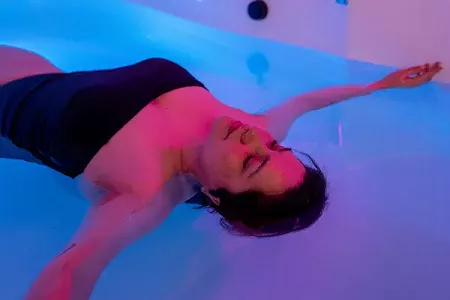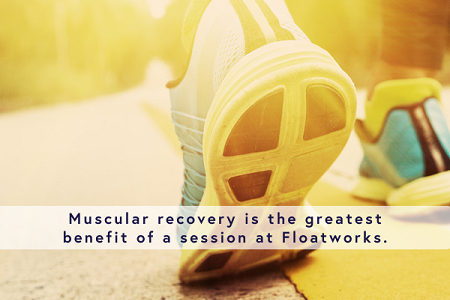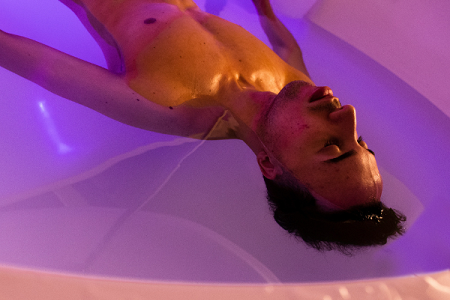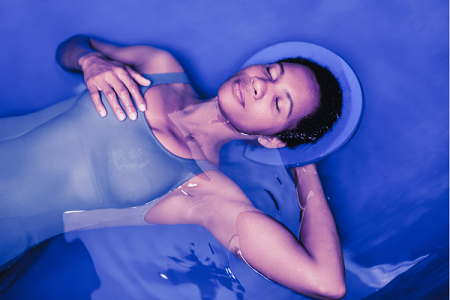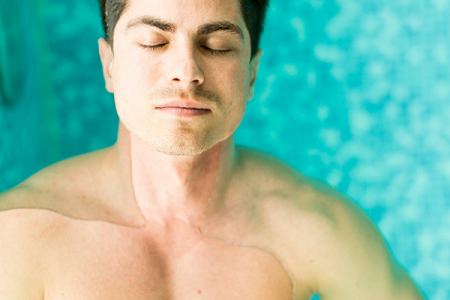A snappy (but awesome) history of floating
Here’s our bare bones mid 1950’s-present day history lesson on floating!
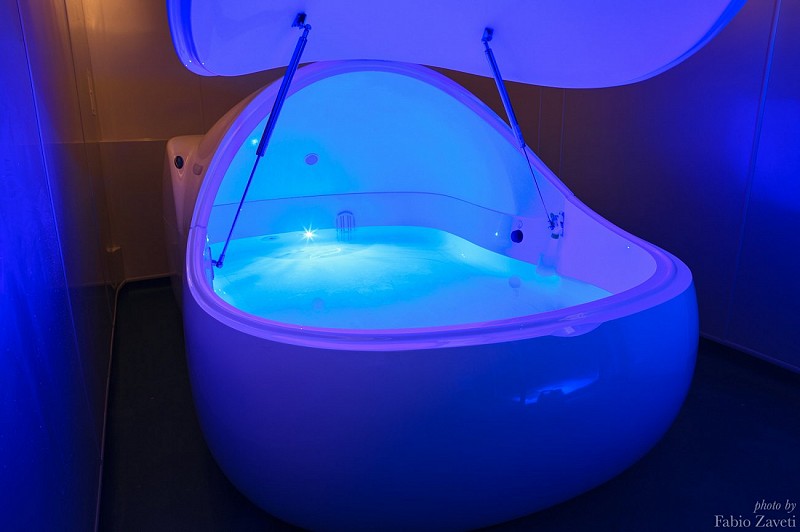
The story begins in the mid-‘50s with American physician John C Lilly. Working as a Neurophysiologist, Lilly devoted his professional life to the study of consciousness. At his new post with the US Public Health Service Commissioned Officers Corps (whew!), he found himself specifically investigating the effects of sensory deprivation on the brain.
Lilly wanted to discover what happened when you deprive the brain of all sensory stimuli – sight, sound, taste, smell and touch – and lo, the first floatation tank was born.
Early designs, though, were a quantum leap from the luxurious i-sopods we enjoy here at Floatworks today.
Their clunky design and uncomfortable apparatus meant Lilly’s early test subjects complained of distraction from the process, and it wasn’t until the ‘70s that the horizontal Epsom Salt system we use today became commonplace. Imagine trying to relax facedown with a scuba mask on; it was a little bit like that!
In the hippie heyday of the ‘70s and the science-fiction boom of the ‘80s, floating transitioned from experimental scientific practice to legitimate therapy for body and mind, with the science to back it up. The Book Of Floating (1984) saw journalist Michael Hutchison setting out to debunk the floating community, only to inadvertently end up writing the book on it.
In the years that followed, boosted by William Hurt’s foray into floating in ‘80s thriller Altered States, floating dipped its toe into mainstream culture. As the science mounted up to prove the mental and physiological benefits of hopping into a pod on the regular, so did the celebrity endorsements.
After a lull of popularity in the ‘90s, floating is enjoying something of a renaissance, thanks in part to recent studies that empirically prove its mental and physiological benefits.
With research confirming that floating can benefit those who suffer from anxiety, PTSD, muscle injuries and depression, along with being a powerful tool for self-discovery and exploration. And with more A-List names throwing their weight behind its benefits, the floating community is growing every single day.
The US boom certainly has comedian and actor Joe Rogan largely to thank. Rogan often dips into his floating experiences on his longstanding podcast The Joe Rogan Experience, and America’s floating centres have roughly tripled in numbers since the time of its inception. We’re not saying it’s a coincidence, but…
A pre-show float to get the mind right. https://t.co/eeR6phfeHU
— Joe Rogan (@joerogan) 29 August 2015
So what do you say? Now you’re up to scratch on the history, dip your toes in the pod and give it a go!


